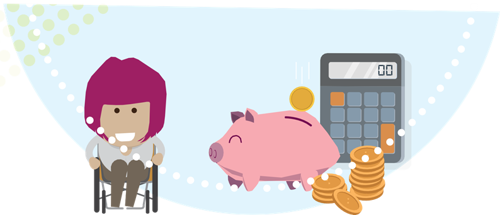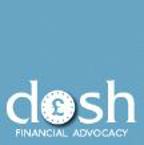4) Finance and Benefits: Banking, Wills and Trusts and Child Benefit - Transition Guide
Banking
It is a good idea to open a bank account for your benefits and other money when you get to 18. Having a bank account will make it easier to show what your income and savings are. This can be important if you claim certain benefits or get support from adult social care. Your own bank account also means you would still be able access your money if your parent/carer were to pass away.
Your bank should talk to you about different options. For example, it may be possible to:
- open a joint account that you and your parent/carer both have access to
- open a basic bank account which has some limits on what it can do.
If you don't have mental capacity to manage a bank account, your parent/carer may be able to open an appointee account.
Wills and Trusts
If someone leaves you a lump-sum inheritance, you could lose your means-tested benefits. You may have to pay for some or all of the support you get from adult social care. You can avoid this by having a discretionary trust set up. A parent/carer can help you with this.
For more information, click on the logo below.
Child Benefit
Child benefit is paid to your parent/carer until you are 20 years old. This is if you are in:
- fulltime learning (college, sixth form)
- approved work-based learning that doesn’t pay a wage (study programme)
Child benefit is not paid if you are in:
- a job/apprenticeship
- Higher Education (University)
Child Benefit Extension
Child Benefit will stop when you leave education. If you are 16 or 17 your parent/carer can keep Child Benefit for up to 20 weeks longer. This is called the Child Benefit Extension Period. To get the Child Benefit Extension Period your parent/carer must not be working more than 23 hours a week.
Find out more by clicking on the logo below.
You can also speak to someone by calling 0300 200 3100.



